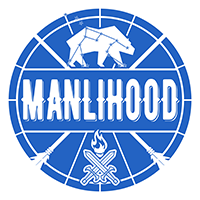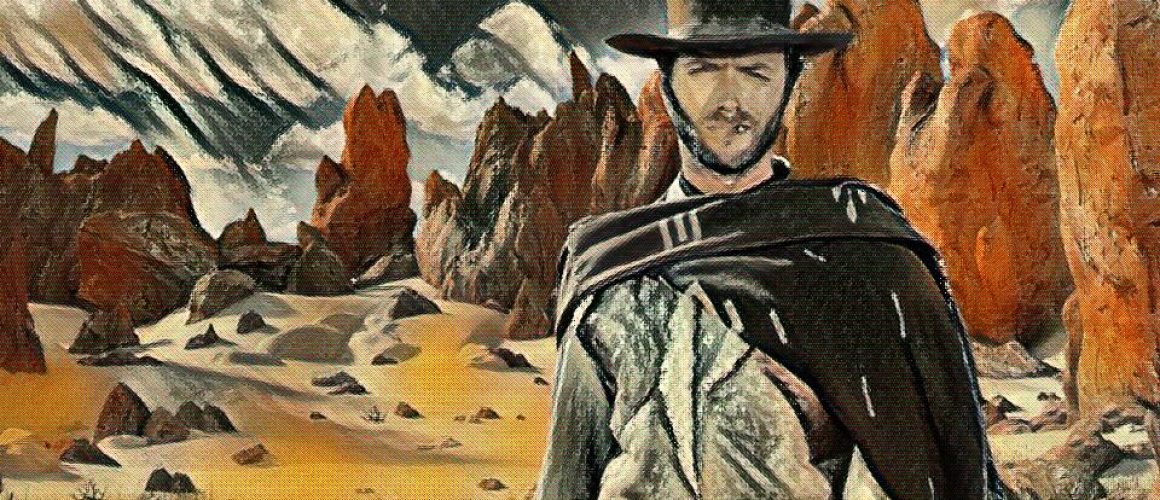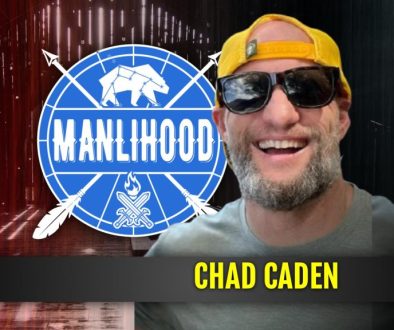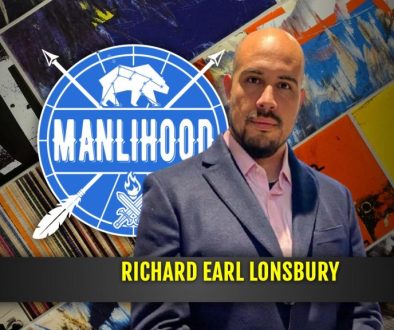The Gospel According to Eastwood: Redemption and Masculinity in Clint Eastwood Films
I don’t watch a ton of TV these days, but I do watch a little bit before I fall asleep at night. I usually watch a show with my wife, and then about fifteen to thirty minutes of a movie before I fall asleep most nights.
Everyone knows the steely gaze of Clint Eastwood. Some may have written him off for his political views and his bizarre monologue to Obama via an empty chair at the Republican National Convention. (I actually kind of liked it. But that’s neither here nor there.)
Clint Eastwood has directed and starred in movies and television since the 1950s, leaving an indelible mark on our culture.
Lately, I’ve been tuning into some old Clint Eastwood movies that I never really paid attention to before.
I was pleasantly surprised that in the middle of my deep Eastwood dive, the 92 year old actor came out with the flick Cry Macho. I didn’t hesitate to recruit a bunch of my guy friends to go watch it with me.
Cry Macho didn’t disappoint. Perhaps the greatest moment is when Eastwood’s character. Mike Milo says, speaking of a fighting rooster, “If a man wants to name his cock Macho, that’s fine with me!”
That may be the biggest laugh in the movie, but the biggest moment of wisdom was when Mike said, “It’s like anything else in life. You think you got all the answers. Then you realize, as you get old, that you don’t have any of them. By the time you figure it out, it’s too late.”
While I had very little memory of any of the Old School Eastwood movies, we all remember the iconic impact he had — the bulletproof metal plate under the tunic in A Fistful of Dollars that made its way into Back to the Future.
And Eastwood flicks always give us the best memorable one liners…
Go Ahead, Make My Day! – Sudden Impact
Get Off My Lawn! – Gran Torino
Dying ain’t much of a living, boy. – The Outlaw Josey Wales
What threw me down the Eastwood rabbithole, though, was the 2008 film Gran Torino.
Eastwood plays grizzled Korean War veteran Walt Kowalski. When his neighborhood starts to change by an immigration of Asians, he is confronted with his own prejudices and traumas. The film is filled with racial slurs – but it’s NOT a racist movie. It’s a film about a broken and wounded man, who has built up a rugged wall of anger to protect himself. He was trained to kill. He was trained to hate. And when he starts to love, and to care, we start to see the redemption of this man that most people would have just written off as an white old racist man.
I won’t spoil the ending, but it truly is an amazing film, and the climax of the film may induce tears. Crying at an Eastwood flick? Yeah. It just might.
Million Dollar Baby was also a crier. I tried to explain the plot to my wife, when she explained that it sounded like a movie she didn’t want to watch, I could go ahead and spoil the ending. When I did, it confirmed it. “That’s horrible!” she said. The movie wrestles with the old man’s love for his boxing student, who becomes like his own daughter, and when she lay suffering, her final request for him to end her life finds the old man not only wrestling, but full on street brawling with his conscience over his eternal soul.
In Cry Macho, Eastwood’s old man befriends a young boy who he is rescuing from an abusive home life, and teaching him to be a man.
He is washed up, broken, and without hope, and yet he finds a new life and a new love in a dusty mexican town.
All three of these movies have a very real narrative where Eastwood’s characters wrestle with their catholic faith, their belief in God or their questions about God. And they are done in a way that is relatable, and while they may not answer the questions, they reflect what many of us have found, that the human condition is often found searching for the divine, and struggling with the circumstances that prove the divine or make us doubt the divine.
In the spaghetti westerns, A Fistful of Dollars, and For a Few Dollars More, we see the hard, lone wolf cowboy who fights for fortune, and maybe even a bit of honor, even though his path is a little questionable. But even in these flicks, The Man With No Name is not exactly a “lone wolf” – he’s grizzled and independent, but he makes friends, he cares for the weak, he defends the defenseless, and he may attack the bad guys unscrupulously, but there’s an honor about the way he looks out for the friends he finds.
In The Outlaw Josey Wales, which is my second favorite after Gran Torino, Eastwood plays Josey Wales, the last of a troop of confederate soldiers who refuses to sell out to the Union. His family is murdered, and as he is hunted down, he befriends a gaggle of rag-tag unlikely heroes, women, old men, and others he finds himself fighting to defend.
The popular film message that “every hero struggles with the internal battle of good and evil” is not a new thing, but I feel Eastwood does it better than Marvel or Star Wars or whatever other popular franchise attempts to tell a story. Eastwood preaches with dirt and dust and blood and curse words in a way that is organic, and not contrived.
We all wrestle with overcoming our base instincts and rising into our potential heroism. That’s why Eastwood films will resonate well into this century and even beyond. It’s a timeless struggle of human nature, and a timeless virtue that overcomes it that permeate as sharply as Eastwood’s gaze.




